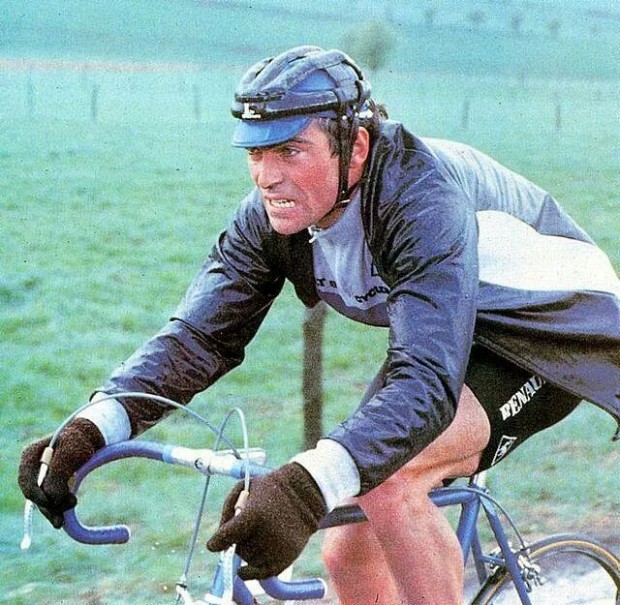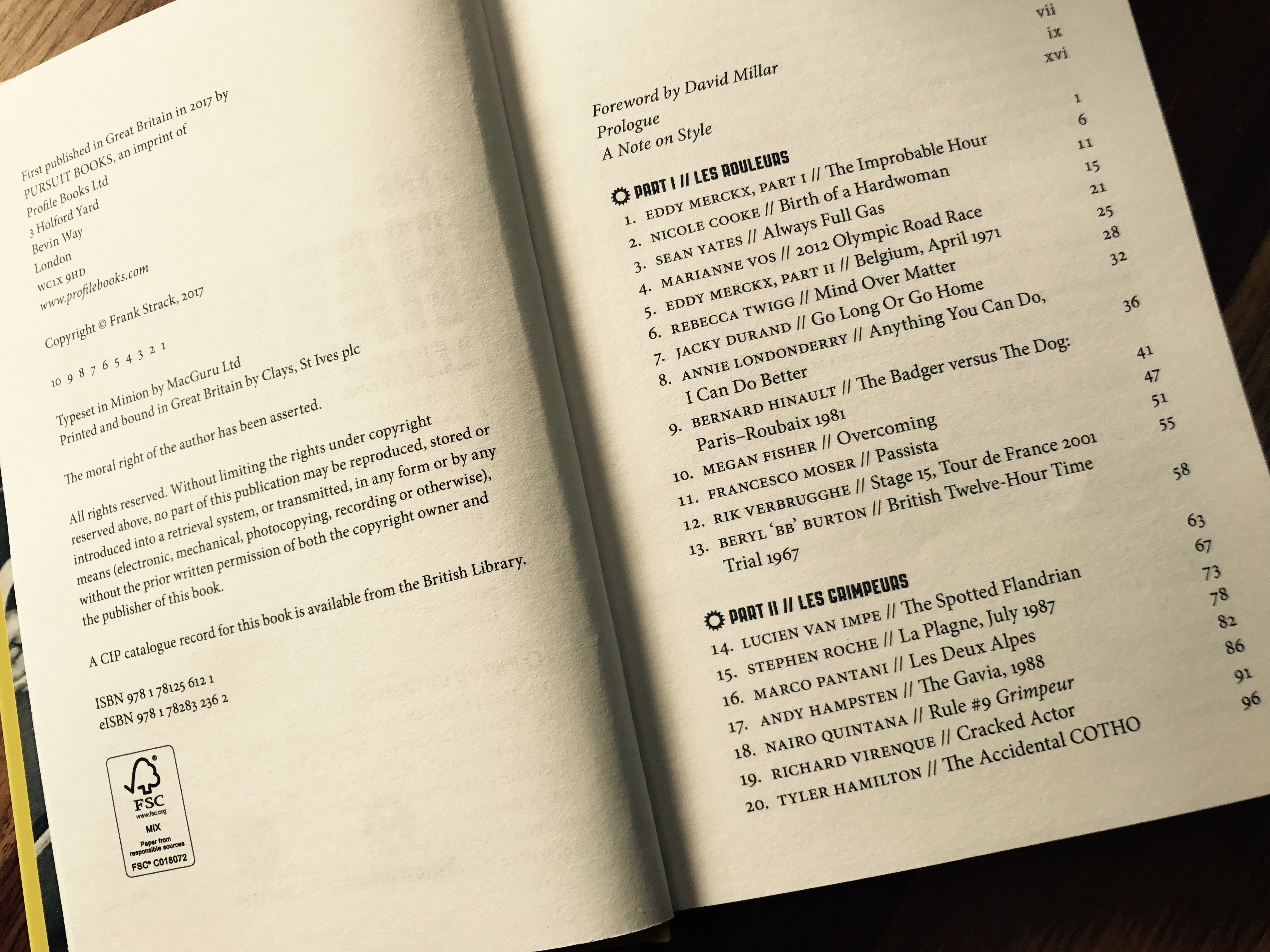Truth and Fiction

There is nothing more disappointing than discovering the truth behind a myth or spotting the mortal behind a legend. This is why I make a point never to do any research or in any other way attempt to validate my assumptions when evaluating a situation; mystery that feels like a fact and sounds like a fact is better than an actual fact. Truth, like sex, is something that should be kept private between willing participants, not spread around for everyone to see.
Lucky for me, I’m Dutch, which means my assumptions are usually correct and by extension means I’ve mastered almost every challenge I’ve taken on in life; sometimes it pays to descend from pale Northern European stock that subsists equally on root vegetables and wild guesses (external participants’ experience may vary).
I’ve always been obsessed with history and mythology; the Iliad and The Odyssey occupied my mind like little else did if you can ignore Luke Skywalker or exactly what I might accomplish in life if I had access to a lightsaber and/or the use of The Force. When I became interested in Cycling due in part to Greg LeMond’s influence on the sport in the early 80’s, I was immediately confronted by this crazy character he was embroiled with nicknamed Le Blaireau who was a tireless competitor spitting out quips like, “If I breathe, I attack.” I pulled on the yarn and discovered similar or greater legends and stories hand over fist. This was a sport that seemed to combine everything I love in life: history, legend, myth, aerobic sport, discipline, technique, and not a small amount of OCD within its practitioners.
The most amazing thing about Cycling is that it has a unique kind of mythology. Mythology is normally something that lays in the distant past, far from the reach of our personal experiences. But in Cycling, our mythology and legend lays within the span of our influence, it is something tangible we feel when we watch it unfold before us at the roadside or even on television. This is also why our fallen heros continue to be lionized; when the observer is genuinely unaware of the false forces behind the performance, the emotions felt at the time leave an indelible mark that are unsullied of thoughts of cheating or malfeasance. Discovering the truth years later may well tarnish the reasonable portion of our minds, but the imprint of those original emotions can never be removed and continue to influence us at a level that lives somewhere below the conscious and the rational. This explains why those of us who watched a rider like Pantani dance away from the bunch in the late 90’s continue to love him, while those who came to the sport later view his performances as obviously false and wonder how we could rationally continue to ignore the elephant behind his legend. The point is, rational has nothing to do with it.
They say truth can be stranger than fiction, but I have rarely seen anything more interesting than myth; we are lucky to be a part of a sport whose mythology is still developing and rather than frown upon the truth behind some of its details, I cherish the opportunity to be a part of it.
VLVV.

